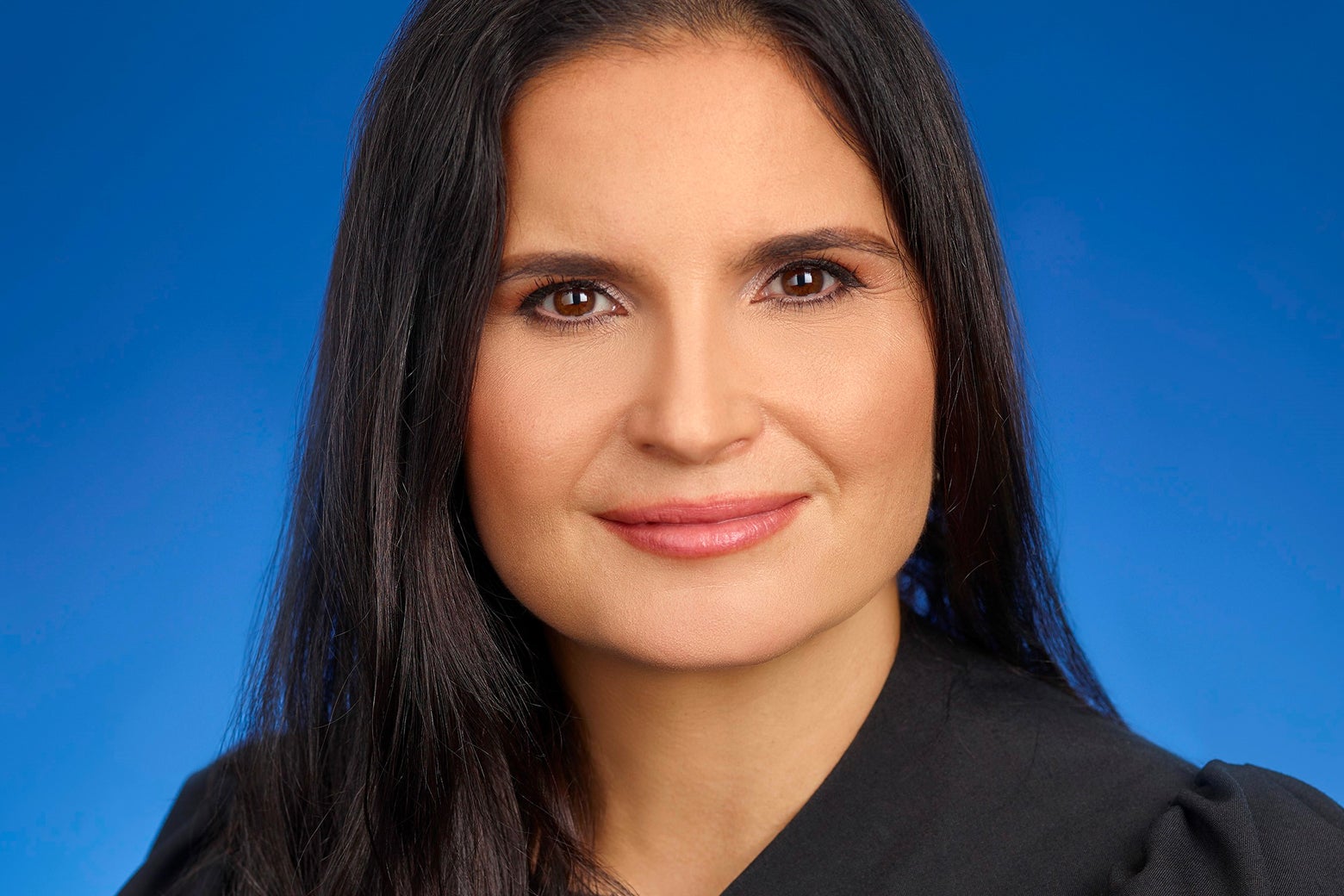While there’s going to be plenty of pressure on her to recuse, there may not be any legal obligation or recourse against her.
Federal courts have repeatedly interpreted Section 455 narrowly in several crucial ways. They have emphasized that the question of whether a judge is biased must be decided “objectively: “whether an objective, disinterested, lay observer fully informed of the facts underlying the grounds on which recusal was sought would entertain a significant doubt about the judge’s impartiality.” But here’s the thing: once again, the plain language reading of this test is not reliable. One of the hazards of a black robe is a tendency to think that your views are the (only) objectively reasonable ones. The law on Section 455 reflects a set of judicial norms and values, not necessarily the norms or values of a “lay observer.”
With her past behavior, I would not be surprised if she is forced from this case kicking and screaming. She has shown nothing but poor judgement up to this point.
Though she could just refuse right? And then what? Is there any way to reassign the case without get approval?
Maybe more senior judges at her courthouse could step in, but most likely it’s going to have to be appealed to the 11th circuit
… what if Judge Cannon does not recuse herself? One possibility that should be explored is for the chief judge of the district court, Chief Judge Cecilia Altonaga, to reassign the case pursuant to the court’s power under federal law to “assign … cases so far as [local] rules and orders do not otherwise prescribe.” Nothing in the Southern District of Florida’s local rules or internal operating procedures is to the contrary. Those local procedures provide for Judge Cannon and her colleagues to agree to transfer the case to another judge. The chief judge should have a vigorous discussion with her under that provision. If Judge Cannon demurs, though, the rules are silent about what happens next and so the federal statute comes into play for the chief judge to reassign the case. She too can point to logistical concerns, including the security ones, in reassigning it to a judge in Miami— saving face for Judge Cannon.
We recognize that such intervention by the chief judge is not an everyday occurrence. If it doesn’t happen, though, there are other options. The more likely possibility here if the Southern District of Florida chooses not to deal with this issue is that the 11th Circuit should be called upon to reassign the case to a different judge at the earliest opportunity. As the case is lodged at the trial court level and is not before the circuit at the moment, that reassignment would likely come only as part of a reversal on appeal of one of Judge Cannon’s decisions.
Under binding 11th Circuit precedents a case should be reassigned to a different judge if, among other reasons, the original judge would have “difficulty” setting aside her previous views and findings and reassignment would not result in a waste of judicial resources. Those factors clearly weigh in favor of reassignment here, due to the difficulties that Judge Cannon will likely face in diverging from her previous unorthodox and wrongful rulings benefiting Trump.
They demand more than that, but it’s a start.




